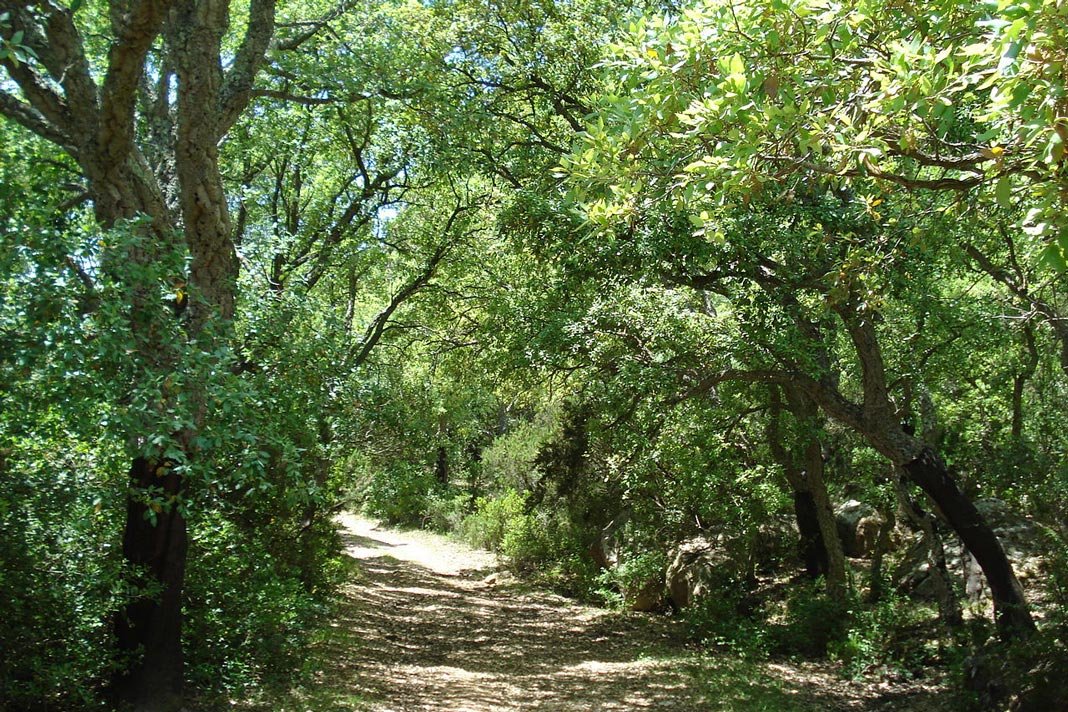Marking its National Tree Day, Tunisia has announced an ambitious “Green Belt” project, a cornerstone of a national strategy to combat severe environmental degradation and significantly expand its forest cover.
The initiative, set to begin in 2026, aims to protect the country from desertification and sand encroachment. This effort is critical for a nation where current forest cover sits at just 8.5% of its total land area. The goal is to raise that figure to as much as 16% in the coming years.
This push for afforestation comes as Tunisia’s natural wealth faces mounting pressures from drought, desertification, urban expansion, and a high risk of fires. Officials reported that 270 fires burned in 2025 alone, and between 2011 and 2024, approximately 70,000 hectares of forest were lost to blazes. The government estimates a staggering 95% of these fires are caused by human activity.
The new “Green Belt” is part of a broader, long-term national strategy for sustainable forestry (2026-2050), which emphasizes community involvement and aligning with international climate commitments.
The urgency extends beyond Tunisia’s borders. The United Nations reports that the world loses 10 million hectares of forest annually to deforestation, with another 70 million affected by fires. With over five billion people globally relying on forest products for food, medicine, and income, the health of these ecosystems is directly tied to human well-being.
For Tunisia, the mission is clear: to secure a greener, more resilient future for a nation where forests are not just a landscape but a lifeline for hundreds of thousands of its people.
TunisianMonitorOnlibe (BRC)




